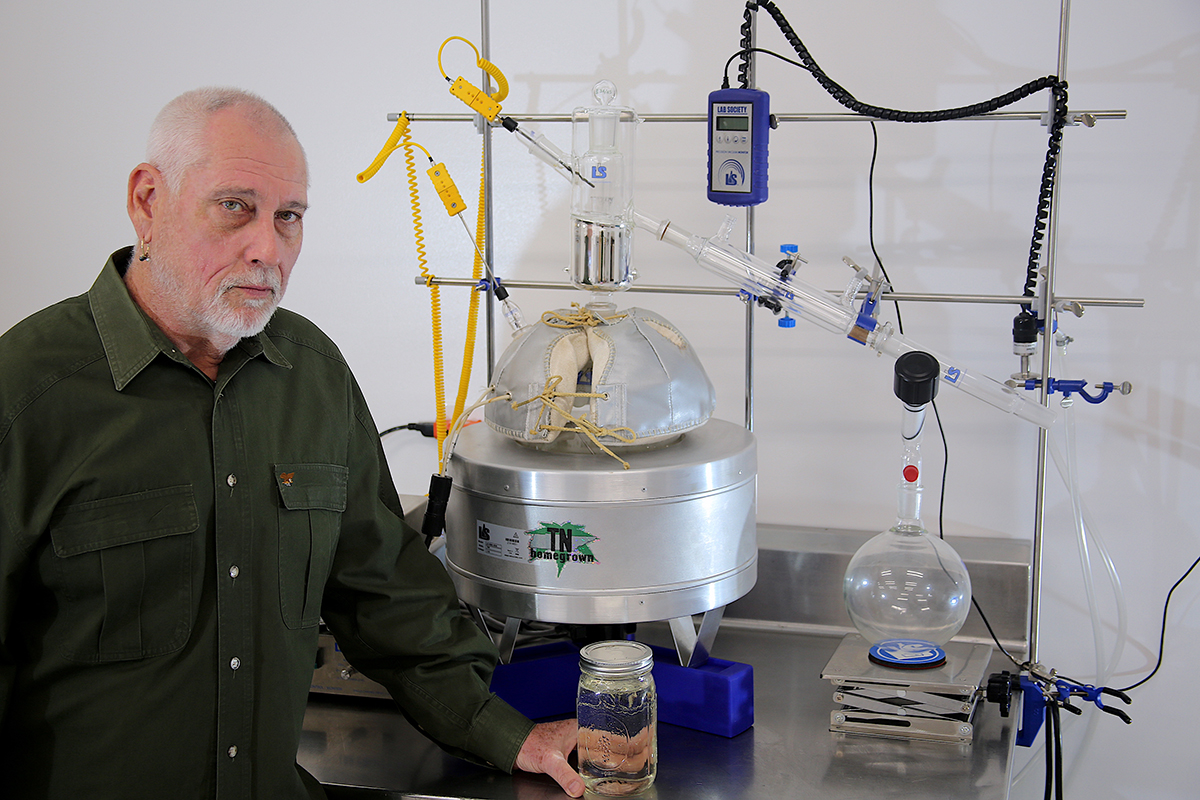An association of state cannabis regulators is asking Congress to include in the next Farm Bill new rules governing hemp and hemp-derived cannabinoids, including a new definition for what constitutes “hemp” versus marijuana.
If adopted, the proposed rules would have broad implications for products containing hemp-derived, intoxicating cannabinoids, including delta-8 THC.
Such products have exploded in popularity since the 2018 Farm Bill was enacted.
The Cannabis Regulators Association (CANNRA) asked House and Senate committee chairs in a Sept. 15 letter to include “key initial changes that are urgently needed” to rein in what’s become an unruly competitor to strictly regulated cannabis.
At the top of CANNRA’s wish list is a new definition that would draw a clear distinction between hemp grown for fiber, food or feed and hemp intended for THC or CBD extraction.
CANNRA, formed in 2020, is also asking Congress to redefine what constitutes hemp.
Currently, hemp is defined as any cannabis sativa plant containing 0.3% THC or less.
CANNRA wants that definition rewritten to include both THC and THCA, which converts to THC when heated.
The regulators also want:
- Different THC limits for what’s allowed in a hemp plant versus what’s allowed in a final product.
- A “federal regulator with a background in public health and consumer protection” to regulate hemp-derived products and close any future loopholes product makers might exploit.
The Farm Bill is rewritten every five years and is due for renewal in this Congress.
Federal legislators have yet to release any draft forms for a new Farm Bill.
But they are facing a long agenda, including avoiding a looming government shutdown as well as long-awaited cannabis banking reform.




